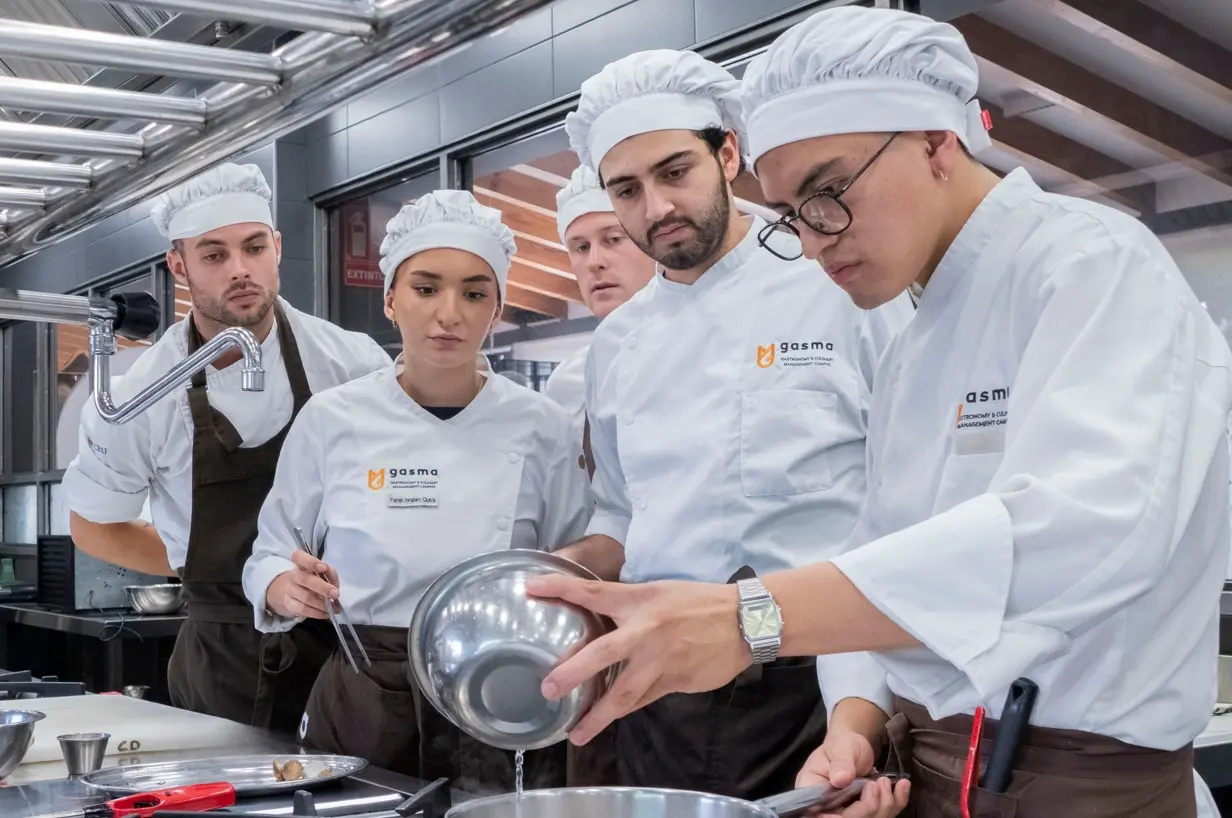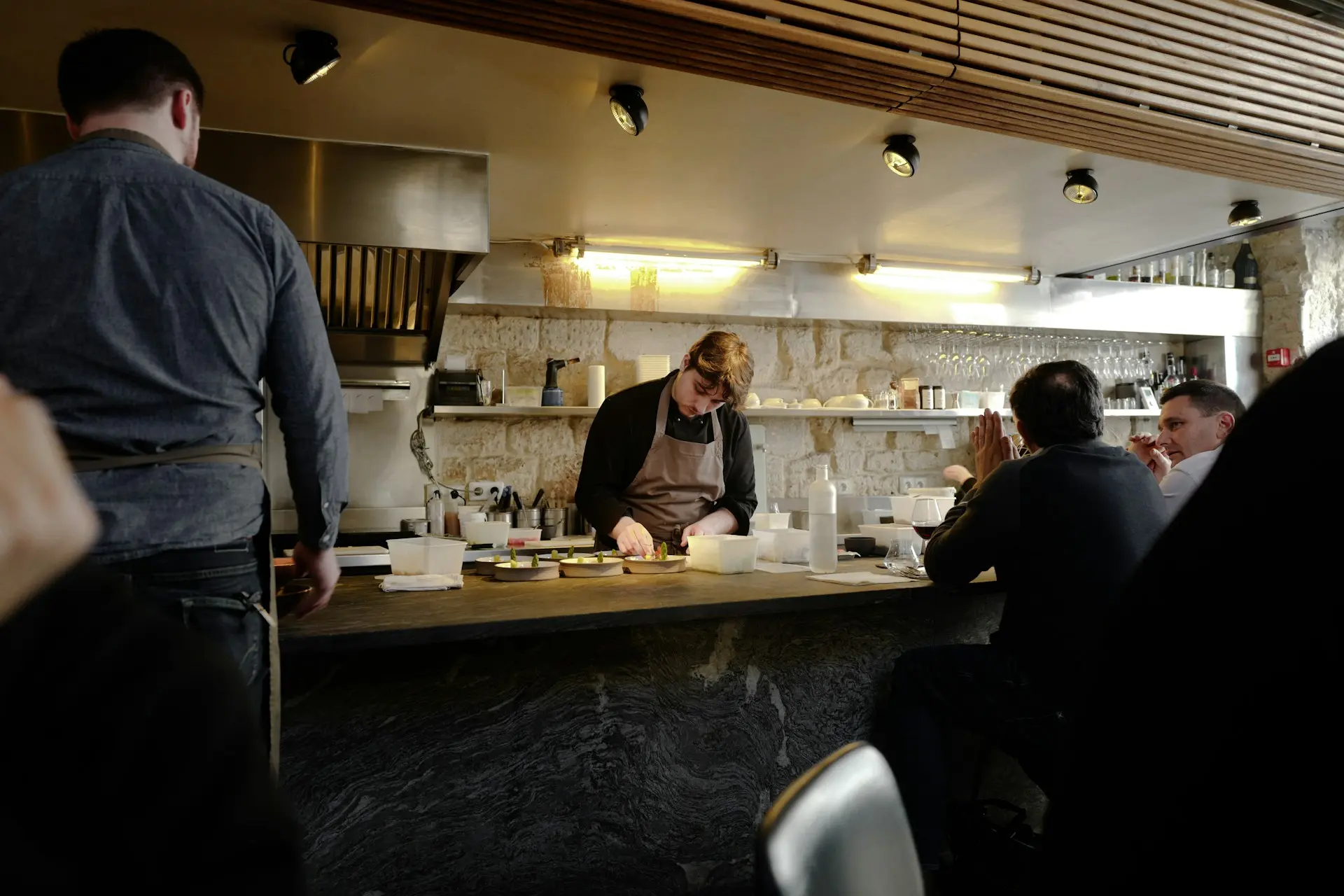

The world of gastronomy offers a wide range of possibilities for those who choose to train in culinary arts. The growing importance of gastronomic tourism and the high demand for qualified professionals make studying this field a promising investment.
Choosing culinary training opens doors in different areas of hospitality and food service. Students who complete a Bachelor’s Degree to become a cook find employment both nationally and internationally.
Job placement in hotels, restaurants, and catering services is high. These establishments demand kitchen assistants, station chefs, and chefs who can perform in a competitive and demanding environment.
Beyond traditional restaurants, demand is also growing in catering services, institutional dining, and events, where organizational skills and versatility are highly valued.
Training in gastronomy is not only about learning recipes but also about acquiring skills that allow access to different professional profiles.
Becoming a cook is the first step in a professional trajectory within gastronomy. Over time, it is possible to reach the position of executive chef, leading entire brigades.
Pastry and bakery are areas with strong labor demand, especially in luxury hotels and artisanal bakeries. These roles require creativity and advanced technical training.
Beyond cooking, there are also opportunities in restaurant and gastronomic business management, where the combination of culinary expertise and leadership is essential.
The culinary sector knows no borders, and more and more professionals are finding opportunities abroad.
Spanish cuisine is internationally recognized, opening up opportunities in fine-dining restaurants, cruise ships, and hotel chains in other countries.
The growth of gastronomic tourism has generated new roles linked to culinary experiences, healthy cooking consulting, and innovation projects in sustainable food.
Academic preparation is essential to stand out in such a competitive sector. From initial training to specialization, each stage allows for professional growth.
Internships in restaurants and hotels provide the first real contact with the labor market, making it easier to transition quickly into employment.
A master’s degree in culinary specialization offers the chance to access more advanced positions, such as gastronomic innovation or teaching, expanding professional development opportunities.



Formaciones TOP
Categorías
Artículos más leídos
